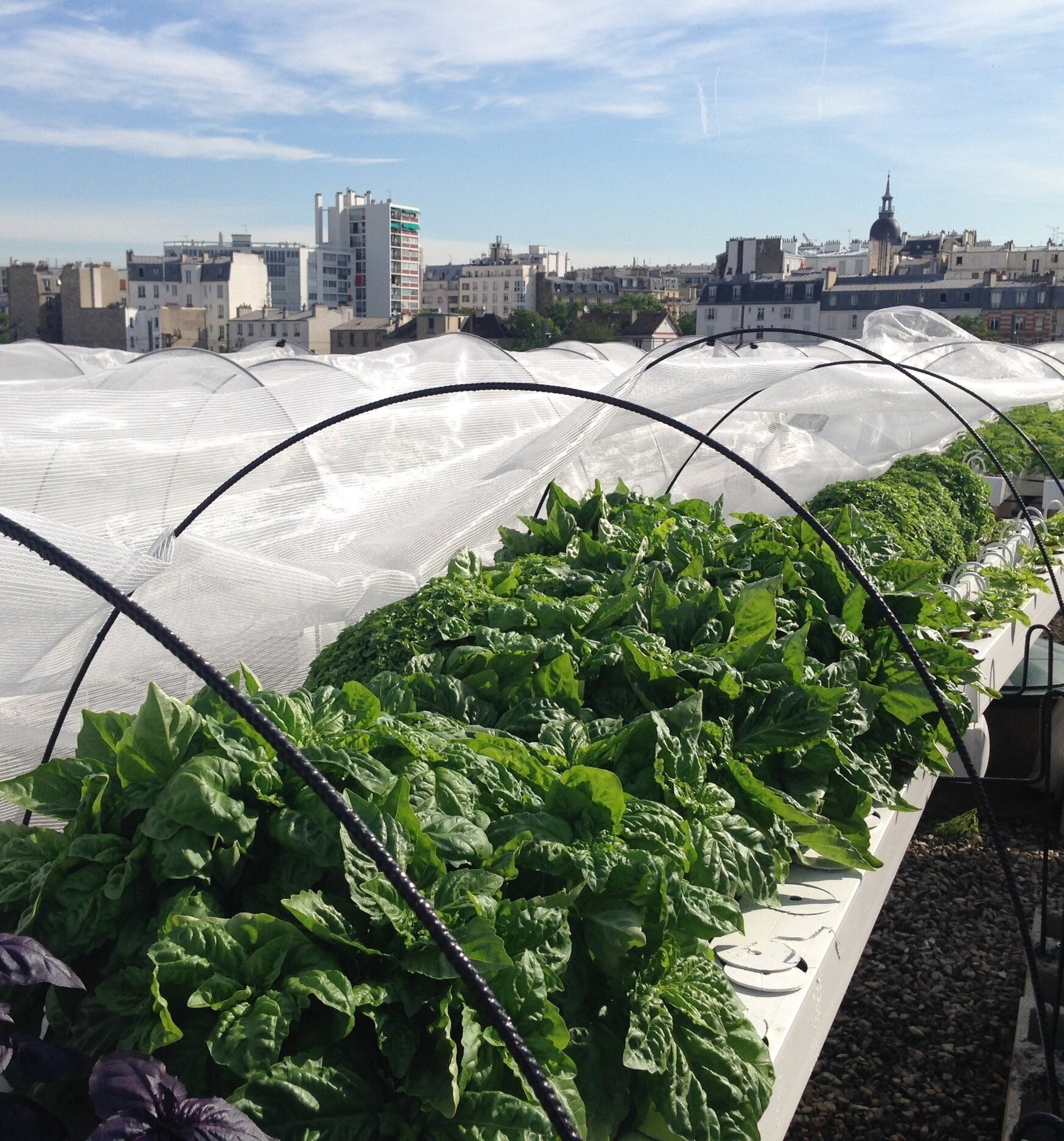Food and Social Justice Action Research Lab
The Food and Social Justice Action Research (FJAR) Lab at The New School builds on Dr. Kristin Reynolds’ long-standing work with community-based food systems and social justice organizations and institutions through action research and collaborations.
The FJAR Lab aims to contribute to racial and economic justice in the food system through critical and participatory action research – in New York City and State, nationally and internationally. We work for a dignified food system for all.





